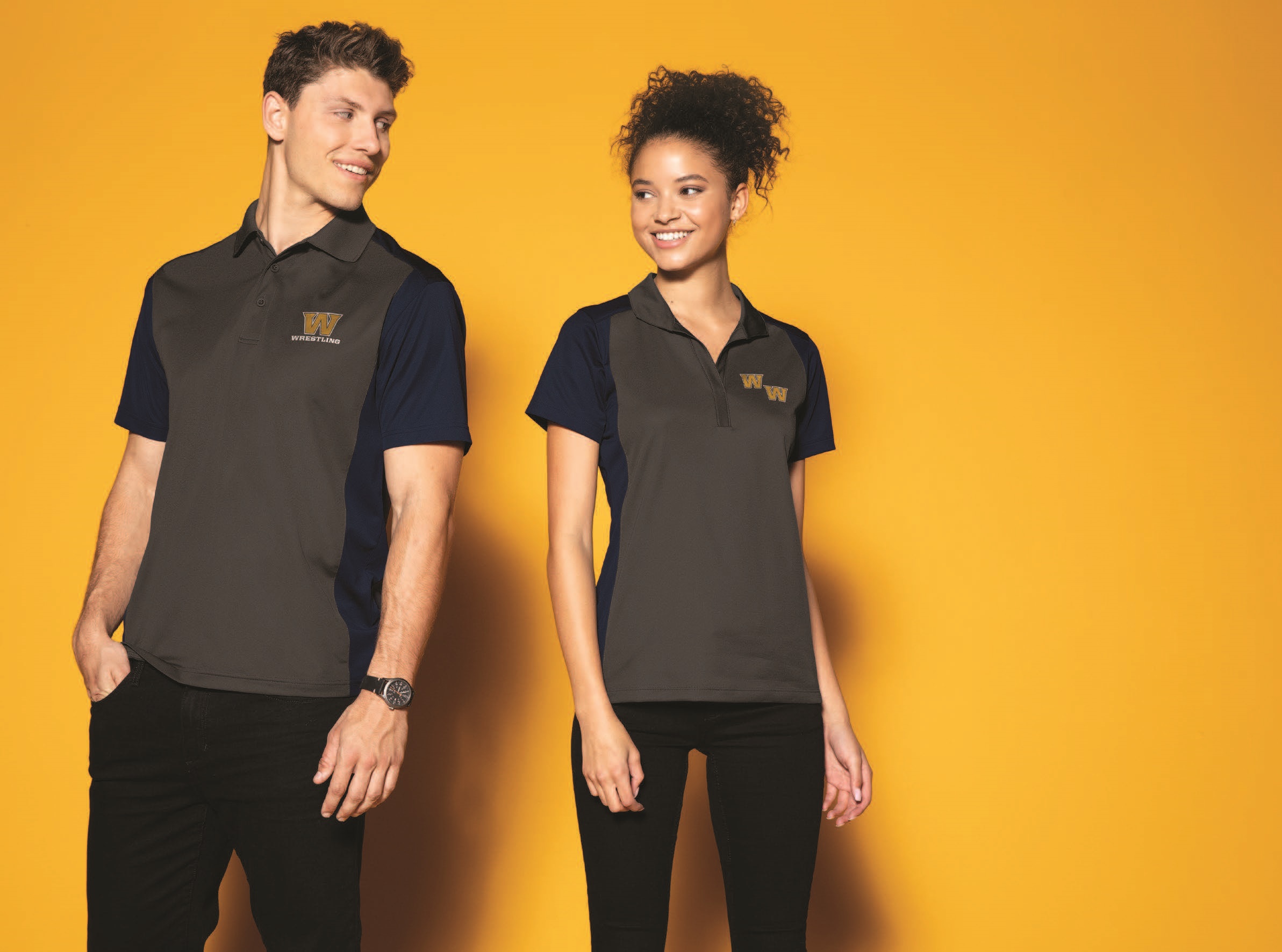After putting itself in the hotseat over a questionable advertisement during the holiday season, the fitness company Peloton is doing a little bit of backpedaling, so to speak. (We promise this will be the only pun in this story.)
Despite the commercial backlash, Peloton has become one of the biggest names in the sort of “luxury fitness” category, where its products are usually depicted in upscale homes and facilities. It’s flagship studio is in Manhattan.
To match that overall vibe and get in on the growing athleisure and capsule-drop apparel trend, Peloton teamed up with Athleta and Hill City for an apparel collection that launched last week.
The aptly named Athleta & Hill City x Peloton collection features 13 apparel pieces directed at Peloton users who were asking for more ways to buy into the brand identity.
Peloton Partnering With Athleta, Hill City on Capsule: The 13-piece women's and men's collection will be sold at Peloton stores and online. https://t.co/Gvv2JSPe7i
— Peter Nguyen (@Fashion___News) January 6, 2020
“A couple of years ago, our members started writing on social [media] how much they liked the Athleta fit, so it was always in the back of my head to do something,” Jill Foley, vice president of apparel for Peloton, told WWD.
Foley then contacted then-Athleta president and CEO Nancy Green, and found that the two brands had customer bases that have “created strong communities with their customers and look at fitness the same way,” Foley told WWD.
That way of looking at fitness is something we’ve noticed for years now. It’s a stylish twist on traditional workout wear far beyond the saggy gray sweatpants of Rocky and the leg warmers of the ’80s. They’re lifestyle brands as much as they are apparel companies, and all of the apparel blurs the line between functional and fashionable, with pieces that make people comfortable wearing them long after they leave the gym.
The community aspect played an important role in the creation of the collaborative line, too.
Peloton created a social media campaign where users could vote on the logo and phrases that would appear on the clothes. It received more than 30,000 votes.
Those members are also featured in the ad campaigns (which seem to be going over better than the commercial).
The collection, which features eight pieces for women and five for men, will be available in the Peloton studio and online. The women’s line ranges from $44 for a tank to $98 for pants, and the men’s line ranges from a $42 T-shirt to a $98 fleece hoodie. Also, the women’s products are all from Athleta, while the men’s are all from Hill City.
This is a great idea for Peloton, not just because they were sort of an advertising pariah for a minute there. There’s so much brand recognition for Peloton, and its users are so passionate about the service that they’ll naturally want to show off their Peloton member status off the bike, too. When your fitness brand comes with a certain perceived value as Peloton’s does, you can create demand in other sectors, like apparel in this case.
Peloton already has its own branded apparel, but by adding the brand identity of Athleta and Hill City, and creating hype by making it a “capsule” drop, it increases the demand and makes it more exclusive.
Athleta and Hill City were smart enough to recognize that.



